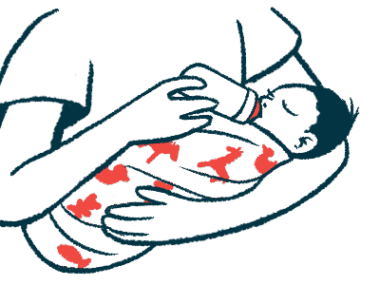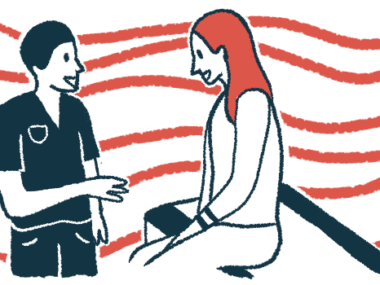How I discovered the medical team for my rare disorders
While I knew much about what I wanted, I also found members by chance
Written by |

When I was diagnosed with aplastic anemia and paroxysmal nocturnal hemoglobinuria (PNH), I thought that if I could find one great doctor who knew how to tackle my blood disorders, I’d be on the road to recovery. In fact, I was confident that I needed only one doctor to send me into remission. But what happened next was unexpected, at least to me — and crucial in my health journey.
Instead of having one doctor to treat my disorders, I found a whole medical team whose goal was to get me healthy. I define a medical team as a group of doctors, nurses, social workers, and others who’ve joined together to help a patient get back to a normal life. I built my team by accident, it seems, so I can’t offer an entire step-by-step plan for readers needing to find their own. In my case, however, it seems that my many doctor appointments kept leading me to more team members who proved important.
My blood disorders have caused a plethora of problems, including many visits to the emergency room and heavy menstrual cycles, leading me to freeze my eggs. Yet each difficulty opened the door for me to meet medical staff who were either aware of my blood disorders or open to learning more.
Of course, I was also open to each about the ups and downs of my daily life with aplastic anemia and PNH. But I was particularly concerned about the flow of my menstrual cycles and having children. By this time I’d found my main blood disorder specialist, but I was also referred to an OB-GYN in my hometown, who, luckily, was a saint in this field. After an appointment with him, I learned more about the challenges I could face as a woman with blood disorders.
Menstrual cycles, I learned, can be light, medium, or heavy. I spoke openly and honestly about my concerns with my OB-GYN, which led to further thoughts about having children. From there, I was referred to a fertility doctor. I scheduled one surgery in which these two doctors, at different times, took part. One retrieved eggs for freezing while the other gave me birth control to help with my cycles.
I tell this story to show the importance of a medical team. I always consider myself as a member of that team, not a bystander. I had important and valid concerns about my body and my life, and I found doctors and nurses who worked with me to ease my concerns.
Creating my team
A medical team can look different for each patient, but I believe it helps to trust that each member has your back. I wanted a doctor who was fearless, truthful, trustworthy, communicative, and open to hearing my voice about my body. I interviewed many before I found one who fit the bill. But I had to be open and honest and do my part as well, by taking my daily medication, attending my appointments, and showing through action that I was as concerned about my health as I wanted my team to be.
Here are the people on my medical team:
- Aplastic anemia and PNH specialist
- OB-GYN
- Fertility doctor
- Hometown oncologist
- Nurses
- Social workers
- Me!
As you look to select your own team, remember to find members who fit you and your needs. Ask yourself first: What is most important to me?
Note: PNH News is strictly a news and information website about the disease. It does not provide medical advice, diagnosis, or treatment. This content is not intended to be a substitute for professional medical advice, diagnosis, or treatment. Always seek the advice of your physician or other qualified health provider with any questions you may have regarding a medical condition. Never disregard professional medical advice or delay in seeking it because of something you have read on this website. The opinions expressed in this column are not those of PNH News or its parent company, Bionews, and are intended to spark discussion about issues pertaining to paroxysmal nocturnal hemoglobinuria.







Leave a comment
Fill in the required fields to post. Your email address will not be published.